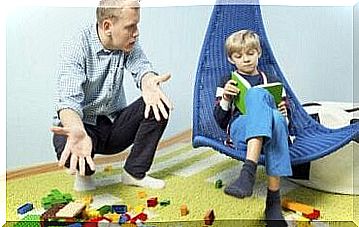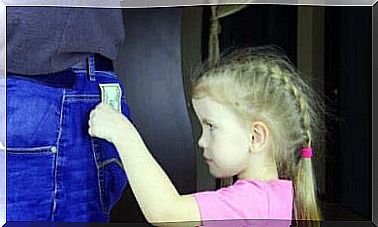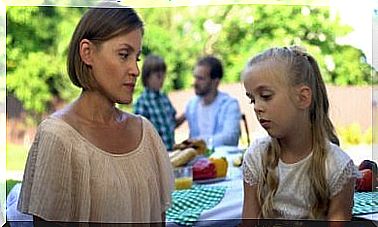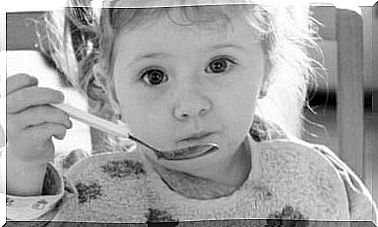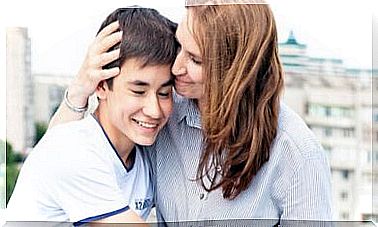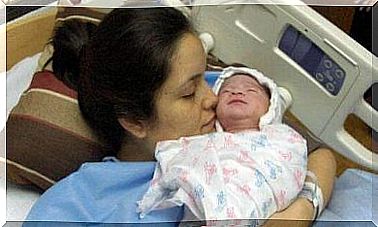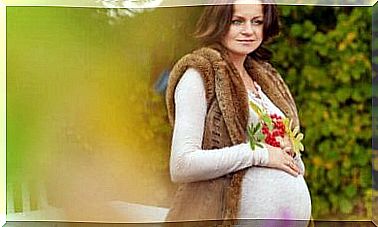What Is Pediatric Psychology? – Being Parents
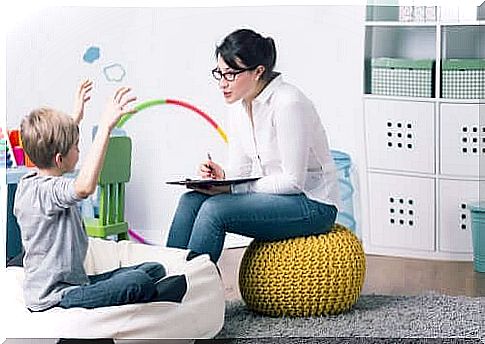
Pediatric psychology specializes in the study of the psychological processes of childhood, which are part of childhood development. She was born during the 19th century, and her origin was then a biologist. But in the twentieth century, its field of study widened by means of theories such as psychoanalysis, cognitive psychology and constructivism.
Jean Piaget’s contributions defined the direction taken by pediatric psychology with its “Theory of Learning”. This Swiss psychologist has devoted himself to research in the field of the different stages of childhood development.
So he offered a description of how children see themselves. As well as the way they see the world. And this from birth to adolescence.
How is the study of the child treated in the field of pediatric psychology?
Considering the child in all its complexity, this discipline addresses the motor, linguistic, emotional, perceptual, physical, cognitive and social characteristics of the child. Pediatric psychologists can be based on one scientific school or another, thus nourishing the interventions with the contributions of each theory.
Pediatric psychology is therefore interested in how each developmental stage operates in a child, or vice versa, by establishing parameters and codes (which generally gives rise to a wide margin of relativity) in the field of child mental health. .
Thus, pediatric psychologists treat each child in their environmental context. Of course, it is essential to know and treat the environment when making a diagnosis and treatment. Thus, the professional must establish how:
- Contextual variables (family, school) and biological (genetic) characteristics come together in infant behavior
- Environmental changes affect children’s mental health
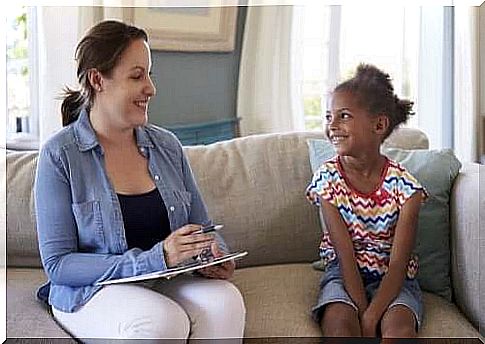
Some commonplaces of Piaget’s cognitive theory
To understand pediatric psychology, you have to have a notion of how Jean Piaget considers it. Basically, what this theorist postulates is that at each age, the child naturally acquires the ability to solve certain problems : motor, cognitive, emotional.
For Piaget, the evolutionary stages are understood as cognitive structures. These bases develop over time, always following the same order. However, here, it is not a question of focusing on the age of the subject; it is rather a question of clearly seeing that the evolutionary stages succeed one another. Each stage must therefore integrate harmoniously with the one that follows.
The stages of infantile development envisioned by Jean Piaget are as follows:
- Sensory-motor stage (0-2 years) : the child will discover the world as well as his own capacities through his senses
- Preoperative stage (2 to 7 years) : the child is able to develop a symbolic thought, allowing him, among other things, to speak. However, at this stage the thought remains egocentric, that is, the child understands the world from his own perspective.
- Stage of concrete operations (7 to 12 years) : the child is able to apply logical deductions and deductive principles. Comparative operations such as reversibility and serialization are some of the acquisitions made at this stage. However, this “school period” excludes abstractions
- Stage of formal operations (12 years and over) : it is during adolescence and adulthood that the subject acquires the ability to carry out hypotheses, projections and formal operations
Current trend in pediatric psychology
Today, cultural changes are dizzying and children exhibit very different behaviors from children 100 years ago. Thus, we often hear of “anxiety disorder”, but also of “attention deficit”, “sleep disorder”, depression or, globally, “autistic spectrum disorder”.
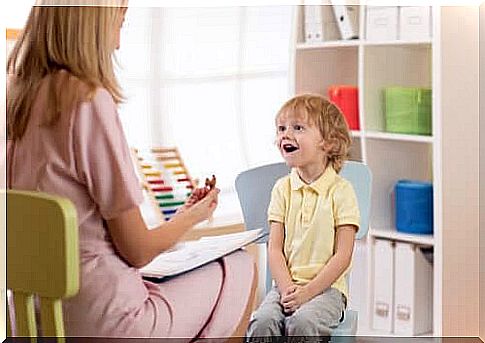
These dysfunctions cause children to fail to meet certain standard standards. Traditional pediatric psychology theories need to be constantly reviewed and updated in order to provide the necessary attention to the needs of new childhoods.
The omnipresence of technology, the crisis of the hetero-patriarchal family and the creation of new modes of family construction require innovative theoretical approaches that start from pediatric psychology.
It is therefore about different ways of seeing things that can evolve, in turn, towards pedagogy, schools and educational centers.
In conclusion, one could say that an obsolete definition of childhood will suppose an irreducible distance between the new and the old generations. This is why many experts apply scientific parameters to the child, opening one more hole.
